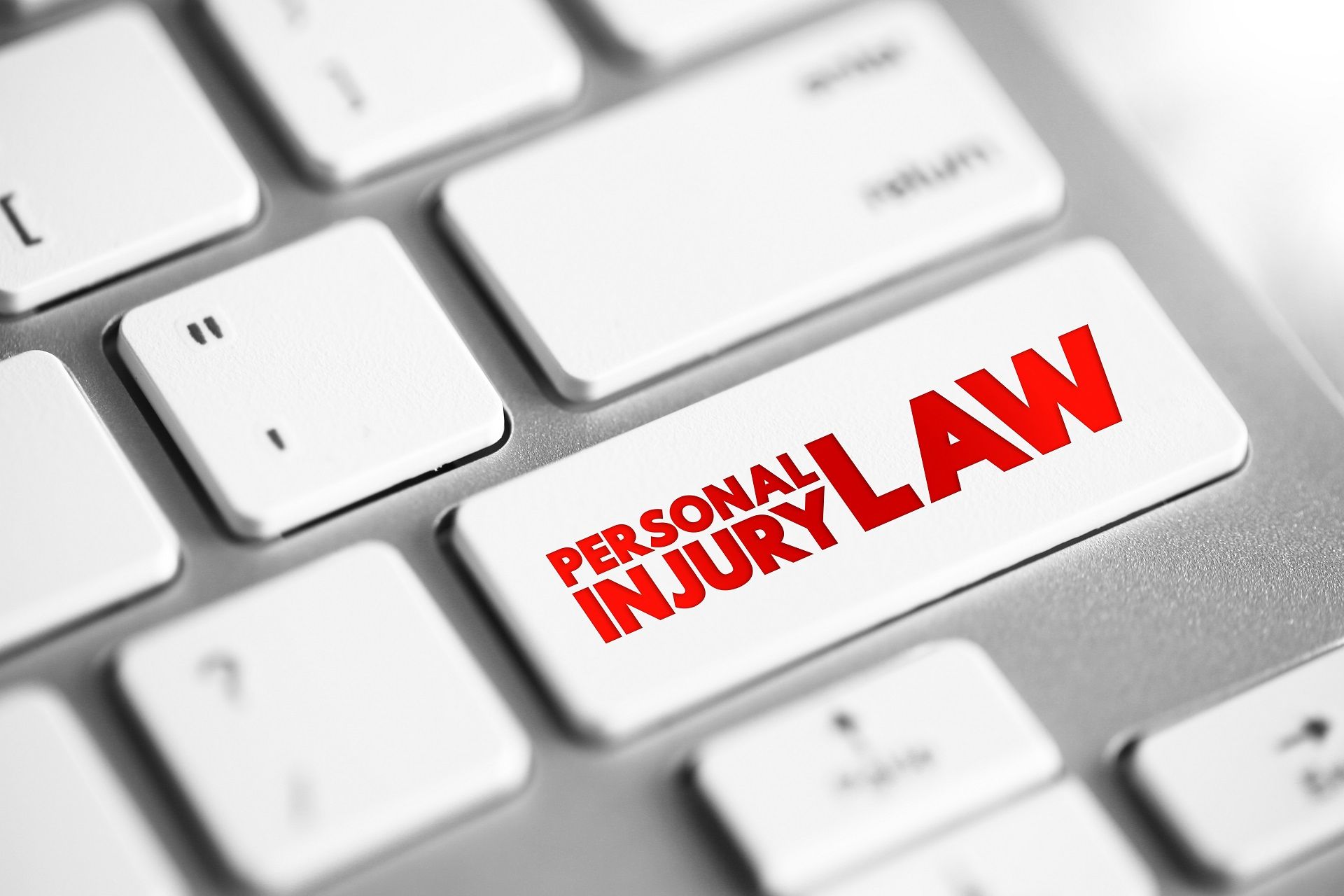Proving Loss Of Earning Capacity In A Personal Injury Case

If you’re filing a personal injury lawsuit, to recover the full amount of compensation, you also need to consider loss of earning capacity. However, proving this isn’t as easy as it sounds as you basically have to predict the future, or more accurately, calculate how much you would have earned if it wasn’t for your injuries.
Once you hire an attorney, they’ll assist you with this. Still, it doesn’t hurt to do your own research beforehand.
Fortunately, this article will contain all the information you may need including the definition of loss of earning capacity, and more importantly how to prove and calculate this amount.
Loss of Earning Capacity Explained
Loss of earning capacity or lost earning capacity is a minimized ability to earn a living due to an injury. Generally, these circumstances arise when the injury in question is so substantial that it leads to a disability and forces the person to either quit working altogether or switch to a different, less substantial career.
Say a person worked a job that required daily heavy lifting and suffered a rotator cuff injury that eliminates the possibility of them ever being able to return to their job. If this particular individual doesn’t have any special skills and can’t find another job due to lack of education and training, they can recover compensation stemming from this loss of earning capacity.
Moreover, lost earning capacity falls into the category of economic losses and represents an economic loss that this person may have to deal with for the rest of their life.
Is Loss Of Earning Capacity The Same As Lost Wages?
Every time someone suffers an injury, they’ll miss some time off work while they recover. They may need to visit the emergency room, attend doctor’s appointments, or follow-up checkups during their regular working hours. Plus, their physician may also restrict them from going to work for a substantial amount of time to allow their injuries to heal properly.
Considering most employers will ask the victim to use their vacation time or sick leave, it’s generally a good idea to seek compensation for both lost wages and benefits.
This is where the main difference between loss of earning capacity and lost wages is apparent. Lost wages by nature are based on easily identifiable and specific losses. On the other hand, lost earning capacity tries to account for or project the full impact of the injured person’s ability to earn money after the injury.
In other words, these are future potential losses that haven’t yet been incurred. Instead, they’re fully based on a calculation of how much a person will lose in the future.
How Hard Is It To Establish The Loss Of Earning Capacity?
You can easily prove lost wages through employment and medical records. This helps accurately identify time missed from work. For example, most personal injury attorneys will compare pay stubs with attendance records and that’s pretty much it. The judge will simply look at the number and award this amount to the plaintiff.
But what about lost earnings?
It’s much more difficult. An attorney may have to
hire a vocational expert (a trained individual familiar with the data on the employment market) in order to make an approximate prediction on the plaintiff’s work-related ability and potential earnings they could have made in the future.
All the damages in a
personal injury case must be substantiated with evidence. A similar rule applies to recovering compensation for loss of earning capacity. You’ll have to provide clear projections about how much money you potentially lost due to the accident and prove the defendant’s actions directly caused your lost earning capacity.
Key Factors Of Lost Earning Capacity
As we briefly discussed above, proving the loss of earning capacity typically falls onto a vocational expert who will review the employment records and work history of the plaintiff and provide an accurate assessment of their potential earnings after the accident.
The vocational expert will consider specific information like the plaintiff’s overall work skills, which informs the jury of the jobs the victim is qualified for and transferable skills from past work that apply to other professions.
Here’s just a short list of factors that play a role in the plaintiff’s loss of earning capacity:
- The geographic location where the plaintiff worked
- Plaintiff’s profession
- Plaintiff’s education
- Plaintiff’s work history
- Skills, abilities, and special talents of the plaintiff
- Current labor market and pay rates
- Plaintiff’s history of raises, promotions, and upskilling opportunities
The vocational expert will conduct this research. You and your attorney’s job is only to provide all the necessary documentation, such as education and employment records that show information on your work history and overall earning capacity.
Hire The Best Vocational Expert In The Country
Considering how important it is to recover a substantial settlement, you need to hire the right people. In addition to an attorney, you also have to think about the expertise of your vocational experts.
Fortunately, you don’t need to worry. Professionals working at
OAS Inc. have been at the forefront of the industry for over 40 years. Due to our experience, we can accurately document all the economic aspects of the case.
Our experts will work closely with your attorney to aid them from the very beginning of the research process. In fact, we’ve played a key role in plenty of high-profile cases that resulted in millions of dollars in awards.
Regardless of where you’re located, you can always find us. With offices in California, Texas, Nevada, Florida, Georgia, Connecticut, New Jersey, Pennsylvania, and New York our experts are always available to substantiate your case with solid evidence.
Work with the best, and ensure the best possible outcome out of your personal injury claim. Call us at
1-800-292-1919, visit us at a location nearby, or hit us a quick message through our online form.
Note:
The information in this blog post is for reference only and not legal advice. As such, you should not make legal decisions based on the information in this blog post. Moreover, there is no lawyer-client relationship resulting from this blog post, nor should any such relationship be implied. If you need legal counsel, please consult a lawyer licensed to practice in your jurisdiction.
RECENT POSTS
CONTACT US
We will get back to you as soon as possible.
Please try again later.
Evaluation Request
Contact Us
We will get back to you as soon as possible.
Please try again later.
Contact
Contact Us
We will get back to you as soon as possible.
Please try again later.
All Rights Reserved.
This website is managed by Oamii.







